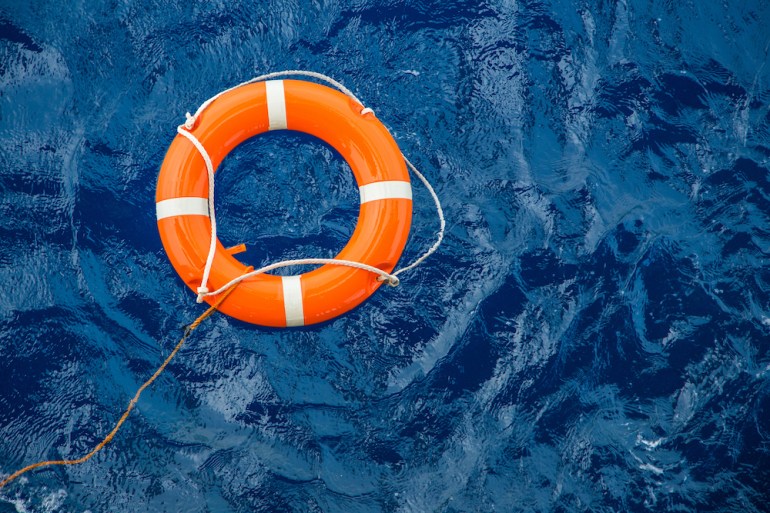Emmy and AACTA Award winning producer turned screen sector executive coach Ellenor Cox outlines how to cultivate resilience and bounce back from this crisis.
Well, the start of 2020 will certainly never be forgotten will it!
The impact that this virus has had on our productions and livelihoods is almost incomprehensible, with the only thing looming larger in most people’s minds right now being the issue of generating income and paying for basic necessities.
Our brains’ primary function is to project us. All this chaos and uncertainty, coupled with endless attention grabbing and startling news feeds, have our brains starting to act like toddlers with large knives in their hands.
We need to say “Knives aren’t safe sweetheart. I understand where you’re coming from, but let’s put the knife down”. The content below aims at not just getting the proverbial knife back in the drawer, but providing a mechanism for shifting our minds back into once more being creative.
That’s the essence of resilience – being able to bounce back from adversity – and we need this skill set now more than ever before.
Let’s start with the facts. Here’s the thing – and this is important – facts are neutral. There are production shutdowns, school closures, job losses and people getting sick.

These are facts and as challenging as they are, there’s how we think about these facts and how we feel about them. How we respond to them that is up to us individually – the facts themselves remain as neutral.
When it comes to COVID-19, most facts are completely out of our control. Feeling powerless becomes a really prevalent reaction.
Where we need to focus our toddler-like, triggered brain right now is on the fact that no matter what the circumstance is, we have the ability to take back the power of our thinking, to own it and to make it a choice for us.
We can use this time of uncertainty and chaos as an opportunity to make our mental health stronger. We don’t get stronger by doing easy things, we get stronger by doing hard things.
We can take back as much control as we can by managing our mind and our thoughts right now, and this all starts with getting present and focused on our immediate circumstance.
For most of us everything in this exact moment is okay – we have food in the fridge, clothes on our back and relative access to money – but your brain doesn’t think that that’s an important thought. It’s saying to you “That’s not relevant. What’s relevant are all the scary things going on right now! Stop thinking about being fine because if you do you’ll die!” Uh oh – can you start to see that large shiny knife being brandished around?
This is what your brain is going to be pushing out as your default thought right now as it’s living in a totally triggered space of fear and anxiety. Our brains were not designed for this constant feed of COVID-19 generated danger. And they’re going to burn out if we don’t manage this carefully. We have to consciously decide to feed our brains with other inputs; to stop consuming and to forcibly shift towards creating and contributing in order to balance things out. It’s like we keep leaving the cave to see if the sabre tooth tiger is there to attack us.All this is going to result in is us feeling exhausted without having actually produced anything.
So we need a major paradigm shift in our thinking at the moment.
We need to accept these circumstances for what they are and control. as best we can, our fear-inducing thoughts and feelings around them. The results of these emotions will never serve us nor help us during these challenging times.
Instead we can focus on the good things in the ‘right now’ in our lives. We can treat our mind compassionately and appreciate that it’s just trying to keep us safe.
We can use this unexpected free time to create an intention and plan around projects that have been on the back burner or tasks that we’ve always wanted to get to ‘if we had the time’. We can revamp our marketing presence and social media connections, learn new online skills and connect with communities and cohorts in new and ingenious ways. We can create new disciplines around self-care regimes of exercise, diet and mindfulness. We can be present in our children’s and loved ones lives like never before. We can create daily routines that nurture us and support creativity over consumerism.
We can choose to look back on this period when we’re out the other side and see it as having been an opportunity to have grown stronger and more resilient than ever before.
And this is what our screen sector will need for, the best view comes after the hardest climb’.
An original version of this story was published in IF Magazine #174. Subscribe here.


